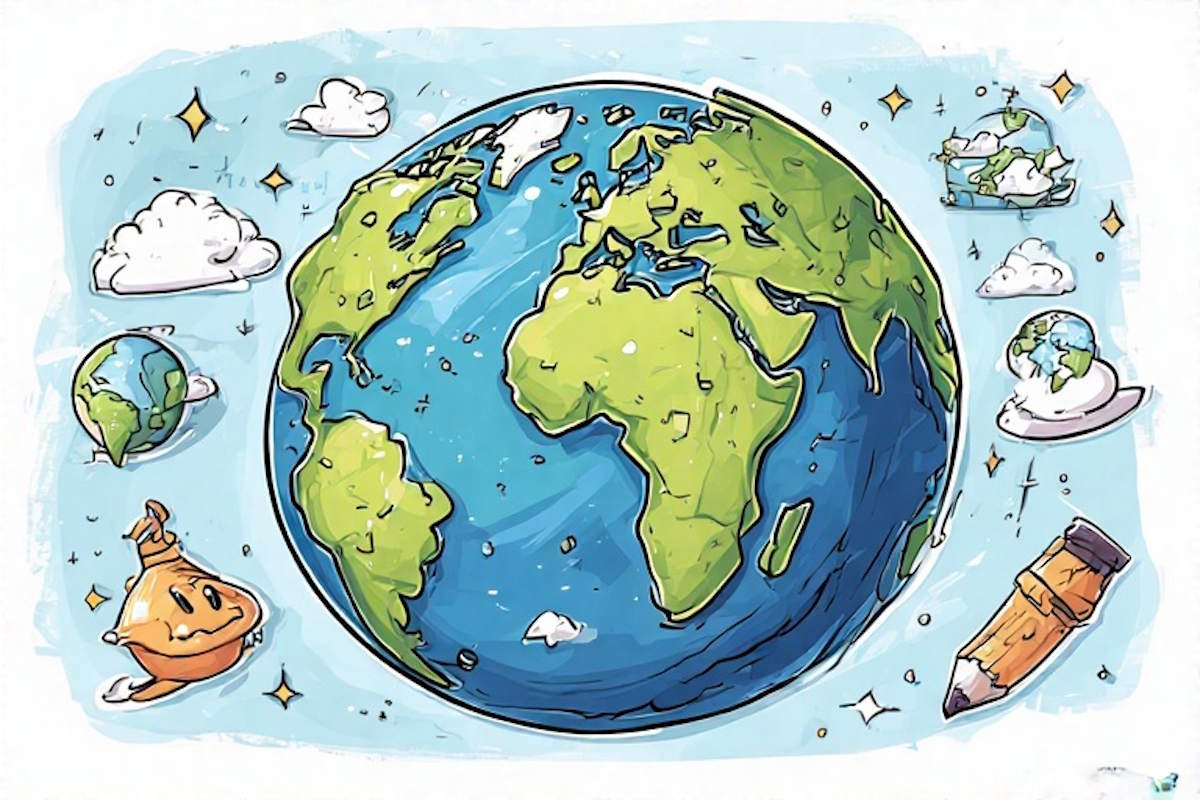The global order today is shaped by several major geopolitical power blocs, interconnected through economic, military, and diplomatic interests. The most influential actors are the United States and its allies, China, Russia, and the European Union. Each of these blocs pursues its own strategic goals while facing global challenges such as climate change, economic inequality, and security risks.
1. The Major Power Blocs
1.1 The United States and Its Allies
The United States remains the world’s leading military and economic power. Its influence spans across Europe (through NATO), the Asia-Pacific (alliances with Japan, South Korea, and Australia), and Latin America.
Interests:
- Maintaining a rules-based international order
- Containing geopolitical rivals (China and Russia)
- Ensuring economic stability and technological leadership
Challenges:
- Loss of unchallenged global hegemony due to China’s rise
- Internal political polarization and economic inequality
- Uncertainties in traditional alliances (e.g., Europe, Middle East)
1.2 China: The Challenger of the Existing Order
China has been expanding economically for decades while gaining military and diplomatic leverage. The Belt and Road Initiative (BRI) serves as a tool to increase global influence.
Interests:
- Expanding economic dominance (especially in Asia and Africa)
- Achieving technological independence (semiconductors, AI)
- Unifying with Taiwan as a long-term goal
Challenges:
- Trade conflicts with the US and the EU
- Dependence on critical raw material imports
- Internal challenges (economic growth, social tensions)
1.3 Russia: Strategic Power with Global Influence
Russia plays a crucial role as a military actor and energy supplier, particularly in Europe and Central Asia.
Interests:
- Maintaining influence over former Soviet states
- Limiting NATO expansion
- Using energy resources for geopolitical leverage
Challenges:
- Economic weaknesses due to sanctions
- Military conflicts and their long-term consequences
- Isolation from Western markets and technologies
1.4 European Union: Economic Power with Limited Geopolitical Strength
The EU is one of the world’s largest trade powers but often lacks military and foreign policy unity.
Interests:
- Strengthening economic sovereignty
- Ensuring political stability in Europe
- Promoting multilateralism and international cooperation
Challenges:
- Political disunity among member states
- Energy dependence and economic competitiveness
- Security risks due to geopolitical tensions
2. Global Challenges
2.1 Climate Change and Resource Scarcity
- Rising temperatures and extreme weather affecting living conditions and economies
- Resource scarcity (water, food, raw materials) leading to conflicts
- Global reliance on fossil fuels slowing the energy transition
2.2 Technological Competition
- Artificial intelligence and digital infrastructure as geopolitical tools
- Competition in semiconductor development and production
- Cybersecurity and digital sovereignty as key challenges
2.3 Security Risks and Regional Conflicts
- Middle East conflicts, war in Ukraine, Indo-Pacific tensions
- Terrorism and hybrid threats
- Migration and humanitarian crises due to geopolitical instability
3. Conclusion: Fragmented World Order with Uncertain Developments
The geopolitical order is shaped by complex dynamics. While traditional power blocs defend or expand their positions, emerging challenges require cooperative solutions. Whether a multipolar world order will emerge or conflicts will escalate depends on the adaptability of these actors.

